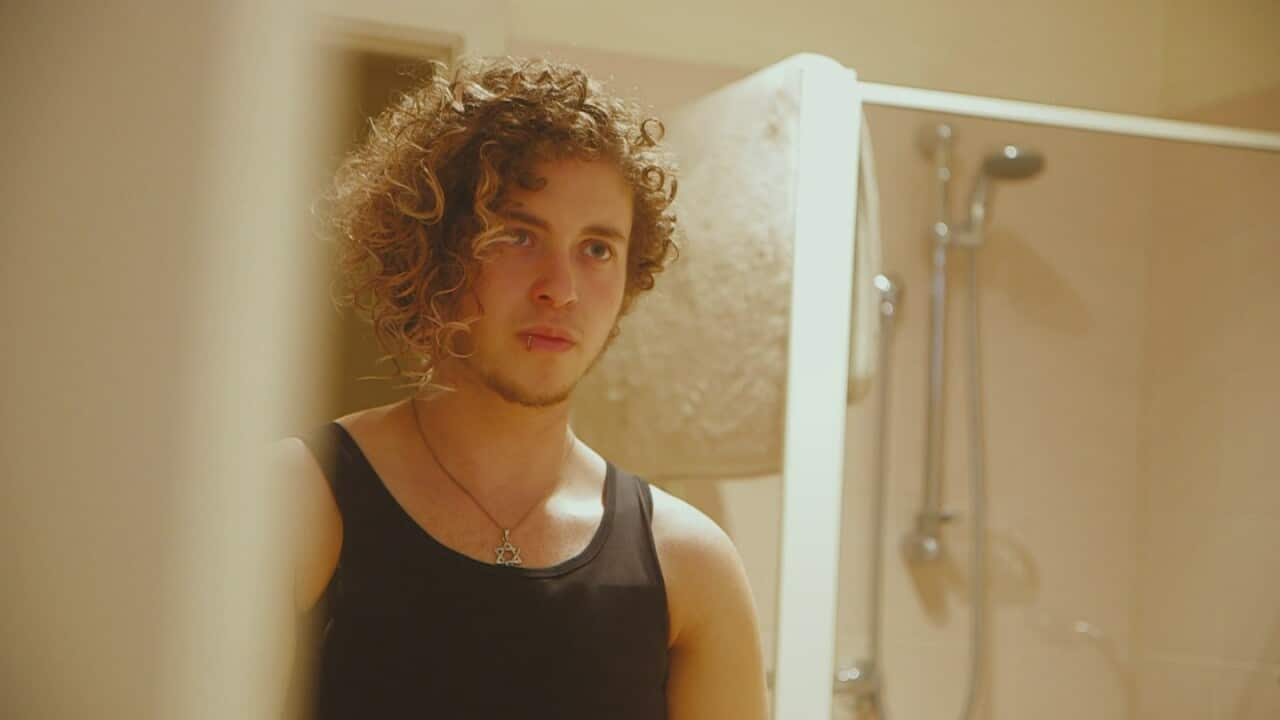Often in interviews, articles and features on transgender people, there will be an utterance at some point of the words “born a [insert assigned gender]”. These terms so deeply adored by the mainstream media and the narrative of a trans person as having been born one gender and transitioned into another is rife and for some, accurate.
However, I was not “born a girl”, nor was I “born into the wrong body”.
There was no mistake with my birth. I don’t think that I should have been assigned male at birth. And by identifying as someone who was assigned female at birth, rather than “born a girl”, I shift the conversation from myself, onto society.
It was society that dictated to me from a young age what it meant to “be a girl,” and that I was expected to be a part of that because of the sex assigned to me. Because I had certain genitalia, I was expected to behave in a certain way.
But I reject that; I reject the notion that what’s in my pants should decide how I act and what my responsibilities in our world are.
When I was 17, I realised that presenting as female was no longer appropriate for me. I didn’t feel that it was validating of the identity I felt inside. This is not because I was a “boy trapped in a girl’s body” – it is because I am a complex human being. And because gender is fluid and as I’ve grown, how I relate to my body and gender have grown too.
In discovering my gender identity and living a life truer to who I was, I realised that the name I was given at birth was no longer appropriate for me. And though I had grown in many ways to love and adore that name, as I struggled more with my gender dysphoria, my name felt distant and impersonal.
It stopped being my name, and in my mind, merely became a “girl’s name”. When uttered out of the mouths of those I knew would not accept me, it felt like a slur – invalidating and an insult. This became the same with my pronouns. Every time I overheard someone using the words “she” and “her” in my regard, I felt distressed, uncomfortable and isolated. I made very active decisions about my name and my pronouns. I now engage in a lot of transgender and feminist activism. I choose to be an educator. Though, it is not my default responsibility as an oppressed minority to educate those who do not understand.
I now engage in a lot of transgender and feminist activism. I choose to be an educator. Though, it is not my default responsibility as an oppressed minority to educate those who do not understand.

Nevo with mother Sharon Swiatlo, appearing on Insight Source: Insight
It is fair enough to not understand the struggles of a people you are not apart of, but it is not their responsibilities to teach you. To expect that would be the epitome of privilege and entitlement.
I recognise that there are huge gaps in understanding in our wider society. So, even though I do not have to and it is not an inherent responsibility of mine, I have made the decision to be an educator, a teacher and an activist.
Though this decision is not always easy for me - I am constantly barraged with deeply personal, offensive and hurtful questions. I’m not always capable of removing my emotions and responding objectively.
It takes a significant amount of energy to confront people’s lack of understanding and ignorance with patience and tolerance. Often, I come home from a speech or presentation feeling completely deflated and needing to return to a safe space.
I choose to be an educator ... [but] it takes a significant amount of energy to confront people’s lack of understanding and ignorance with patience and tolerance.
It is not easy for us as queer people and oppressed minorities to come out of our comfort zones and educate others. The least that can be done is to be greeted with respect and understanding. While I understand that these topics can be confusing for audiences who have never been exposed to it before, the mental health and wellbeing of trans peoples should not come secondary to non-trans understanding.
Even though as a child I may have presented as female for a time, this does not mean that using “she”, “her” pronouns when referring to my childhood is appropriate. Whenever I am asked about that, I am incredibly clear about my discomfort. My name and pronouns are valid, and I expect that they be used at all times in reference to me, unless explicitly stated otherwise by myself.
In order for me to keep doing the activism I do for my community and wider society, for my safety and mental health as well as that of other gender diverse people, these things need to be respected and understood.
When tackling issues you may not understand, ask questions, do your research and prioritise the wellbeing of the people risking themselves to educate you.
[videocard video="629302851567"]










